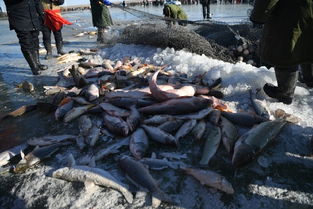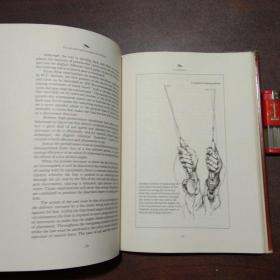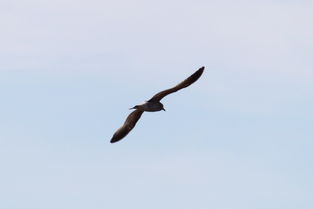Content:
Winter fishing can be a serene and rewarding experience, offering anglers the chance to enjoy the tranquility of nature while targeting fish that may be less active during the warmer months. However, catching fish with a rod in the cold can present unique challenges. Here are some essential tips to help you master winter fishing techniques and increase your chances of success.
Choose the Right Equipment
Winter fishing requires specialized equipment to handle the cold conditions. Here are some key pieces of gear to consider:
a. A high-quality, durable rod: Look for a rod that is designed for winter fishing, with a strong backbone to handle the increased pressure from cold water fish.
b. A sensitive reel: A reel with a smooth drag system is crucial for detecting subtle bites in cold water.
c. Monofilament line: Thinner line is less likely to freeze and is more sensitive to detect light bites.
d. Appropriate lure or bait: Use lures or baits that are known to work well in cold water and mimic the natural food sources of the fish you're targeting.
Dress Appropriately
Comfort is key when winter fishing. Here's how to dress to keep warm and mobile:
a. Layered clothing: Wear multiple layers to trap body heat. Start with a moisture-wicking base layer, followed by an insulating layer, and a waterproof, breathable outer layer.
b. Waterproof gloves and boots: Keep your hands and feet warm and dry with waterproof gloves and boots that provide good insulation.
c. Hat and scarf: Protect your head and neck from heat loss with a hat and scarf, as these areas can lose a significant amount of body heat.
Select the Right Location
Winter fish often move to deeper, warmer water to survive. Here are some tips for choosing the right spot:
a. Look for deeper holes or structure: Winter fish tend to congregate around deeper areas of lakes, rivers, or streams where the water temperature is warmer.
b. Check water temperature: Use a fishfinder or temperature gauge to locate areas with the warmest water.
c. Consider the weather: Fish may be more active on warmer, sunny days, so plan your fishing trips accordingly.
Adjust Your Techniques
Winter fishing requires some adjustments to your usual techniques:
a. Use slower retrieves: Cold water fish are less active, so a slower retrieve can help you detect subtle bites.

b. Shorter casts: Keep your casts short to minimize the time your lure spends in the air, as cold air can quickly chill your bait.
c. Vary your presentations: Experiment with different lures and baits to see what works best in the cold water conditions.
d. Be patient: Winter fishing can be slow, so be prepared to wait for longer periods between bites.
Monitor Your Equipment
Cold temperatures can affect the performance of your fishing gear. Here are some tips to keep your equipment in top condition:
a. Check your line regularly: Thaw any frozen line immediately to prevent breakage.
b. Keep your lure or bait warm: Store your bait in a container with warm water or use a lure that retains heat.
c. Inspect your rod and reel: Look for any signs of wear or damage that could be exacerbated by cold weather.
Stay Safe
Winter fishing can be dangerous, so always prioritize safety:
a. Inform someone of your fishing plans: Let someone know where you'll be fishing and when you expect to return.
b. Carry a first aid kit: Be prepared for any minor injuries that may occur.
c. Dress for emergencies: Wear a life jacket and have a way to signal for help if you fall into the water.
By following these tips, you'll be well-prepared to tackle the challenges of winter fishing and increase your chances of catching fish with your rod. Remember to enjoy the experience and appreciate the unique beauty of winter on the water. Happy fishing!












